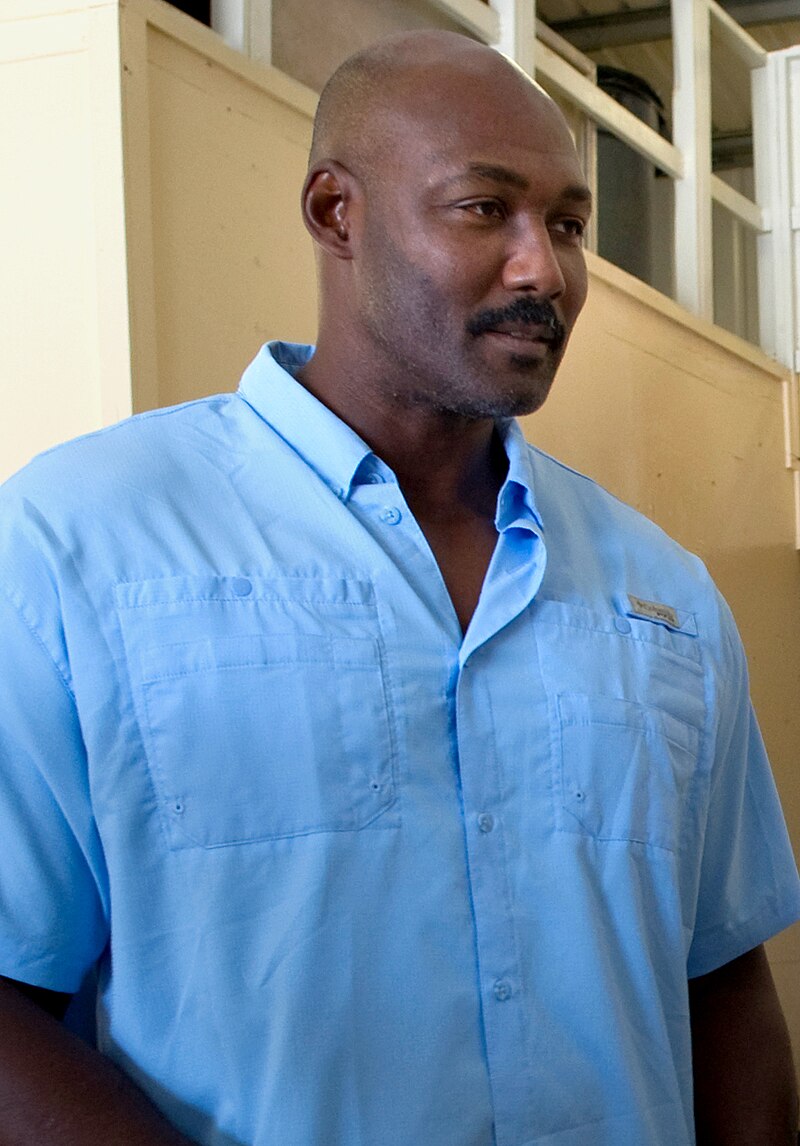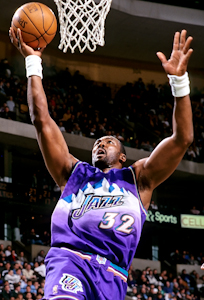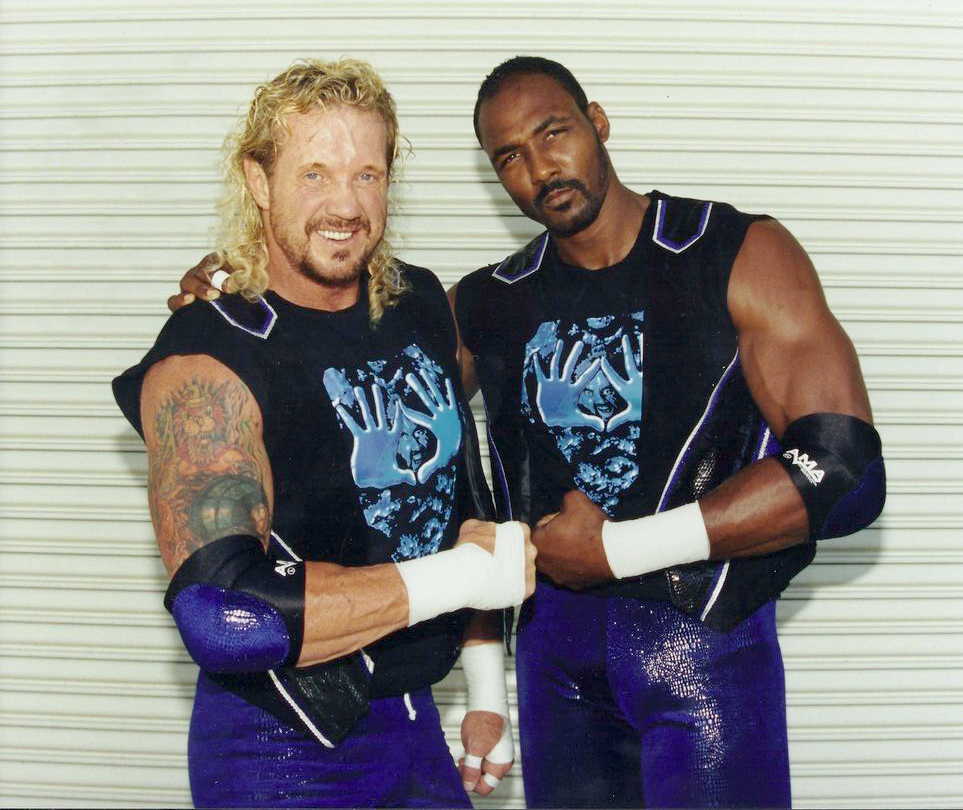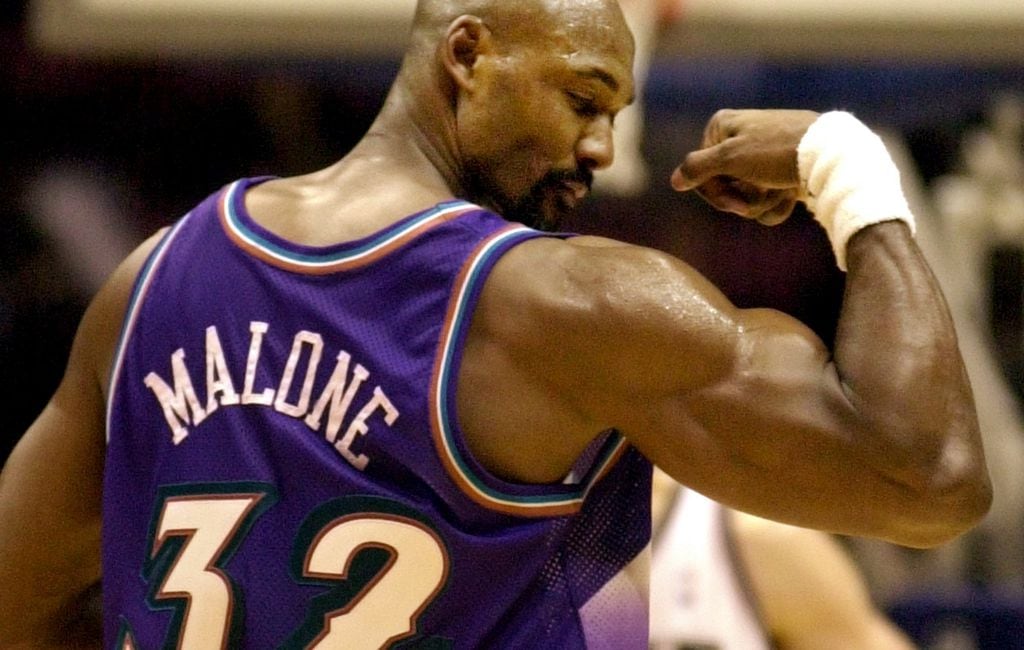Karl Malone (Part 1)
Karl Malone (Part 1)

Karl Malone, often referred to as "the Mailman," is widely regarded as one of the greatest power forwards in NBA history. His illustrious career spanned 18 seasons with the Utah Jazz, where he formed a legendary partnership with point guard John Stockton. Malone's dominance on the court earned him numerous accolades, including two NBA Most Valuable Player awards, 14 NBA All-Star selections, and 11 appearances on the All-NBA first team.
Born on July 24, 1963, Malone played college basketball at Louisiana Tech University before being selected by the Utah Jazz with the 13th overall pick in the 1985 NBA draft. Throughout his career, Malone showcased remarkable scoring ability, amassing 36,928 points, which ranks third all-time in NBA history behind LeBron James and Kareem Abdul-Jabbar. He also holds records for most free throws made and attempted, as well as the most regular season games started.
Malone's impact extended beyond the NBA courts. He represented the United States in the Summer Olympic Games of 1992 and 1996, winning gold medals on both occasions. In 1996, he was honored as one of the 50 greatest players of all time as part of the NBA's 50th Anniversary Team, and in 2021, he was named to the NBA 75th Anniversary Team, reaffirming his status as one of the league's all-time greats.
Following his retirement from professional basketball, Malone remained involved in the sport by joining the coaching staff of the Louisiana Tech Bulldogs basketball team. In recognition of his remarkable career, he was inducted into the Naismith Memorial Basketball Hall of Fame in 2010, both for his individual achievements and as a member of the 1992 United States men's Olympic basketball team. Karl Malone's impact on the game of basketball is truly enduring and profound.
Karl Malone's upbringing in Summerfield, Louisiana, was marked by hardship and resilience. Raised on a farm by his single mother, Shirley, Malone was the youngest of nine children. His father, Shedrick Hay, was married to another woman and had a separate family. Tragically, Shedrick took his own life when Karl was just 14 years old, a fact Malone didn't reveal until 1994.
Despite the challenges he faced, Malone embraced the rural lifestyle, often working on the farm alongside his family, engaging in activities like chopping trees, hunting, and fishing. His athletic prowess became evident during his time at Summerfield High School, where he led the basketball team to three consecutive Louisiana Class C titles from 1979 to 1981.
Despite receiving recruitment offers from notable programs like the University of Arkansas, Malone chose to attend Louisiana Tech University, a decision influenced by its proximity to his home. However, academic struggles initially prevented him from joining the basketball team as a freshman. Malone eventually joined the Louisiana Tech Bulldogs in his second year under coach Andy Russo.
During his collegiate career, Malone's talent shone brightly, averaging impressive statistics of 18.7 points and 9.3 rebounds per game in his second season. His contributions helped lead Louisiana Tech to a stellar 29-3 record and their first-ever NCAA tournament appearance in 1985, reaching the Sweet 16 round. Throughout his three seasons with the Bulldogs, Malone earned recognition as an All-Southland selection each year, showcasing his prowess on the court and laying the foundation for his future success in the NBA.
Karl Malone's entry into the NBA with the Utah Jazz in the 1985 draft was marked by his selection as the 13th overall pick, a position that belied his eventual impact on the league. Malone's talent was such that he had anticipated being chosen much earlier, even going as far as renting an apartment in Dallas in anticipation of being picked by the Mavericks with the eighth overall pick. However, the Mavericks surprised by selecting Detlef Schrempf instead.
Under the guidance of head coach Frank Layden, Malone quickly established himself as a force to be reckoned with in the NBA. In his rookie season, he averaged 14.9 points and 8.9 rebounds, earning a spot on the 1986 NBA All-Rookie Team. Notably, Malone played a pivotal role in snapping the Houston Rockets' 20-game home winning streak on January 14, 1986, scoring 29 points in a crucial victory for the Jazz.
Despite his individual success, Malone faced early playoff exits with the Jazz, losing in the first round of the 1986 playoffs to the Dallas Mavericks. While Malone improved his scoring average to 20 points per game in the playoffs, his shooting percentage and rebounding remained subpar.
By his second season, Malone had emerged as the leader of the Jazz, leading the team in both scoring (21.7 points) and rebounding (10.4 rebounds) averages. He showcased his scoring prowess consistently, leading the team in scoring in the majority of games between February and April 1987. These early years laid the foundation for Malone's stellar career and established him as one of the NBA's premier players.
References
- "Karl Malone Stats". Basketball-Reference.com. Archived from the original on February 20, 2011. Retrieved November 8, 2020.
- a b "Karl Malone". Encyclopædia Britannica. 2011. Archived from the original on April 18, 2011. Retrieved July 3, 2011.
- ^ NBA Awards – All-NBA 1st Team – National Basketball Association – ESPN Archived April 17, 2015, at the Wayback Machine. Espn.go.com. Retrieved on December 12, 2015.
- ^ "NBA at 50: Top 50 Players". NBA.com. Archived from the original on November 14, 2017. Retrieved January 14, 2022.
- ^ nba.com/75
- ^ The Naismith Memorial Basketball Hall of Fame – Hall of Famers Archived August 18, 2010, at the Wayback Machine. Hoophall.com. Retrieved on December 12, 2015.
- ^ "ESPN Classic - The Mailman always delivers". www.espn.com. Archived from the original on November 25, 2023. Retrieved October 6, 2023.
- a b c d Carter, Bob (June 4, 2007). "The Mailman always delivered". ESPN. Archived from the original on November 7, 2012. Retrieved July 3, 2011.
- ^ "Karl Malone". Basketball-Reference.com. Archived from the original on February 20, 2011. Retrieved July 3, 2011.
- ^ "1984–85 Louisiana Tech Bulldogs Statistics". Sports-Reference.com. Archived from the original on October 15, 2011. Retrieved July 3, 2011.
- "Karl Malone bio". NBA. Archived from the original on July 7, 2005.
- ^ Carter, Bob (updated June 4, 2007) Malone Game 7 delivery. ESPN
- ^ "Rocket Streak Stopped at 20". The New York Times. Associated Press. January 15, 1986. Archived from the original on May 15, 2018. Retrieved July 26, 2011.
- a b c Goldaper, Sam (December 15, 1988). "Malone Becomes A Major Force". The New York Times. Archived from the original on April 8, 2018. Retrieved July 26, 2011.
- ^ "1987–88 Utah Jazz Roster and Statistics". basketball-reference.com. Archived from the original on September 3, 2011. Retrieved July 25, 2011.


















